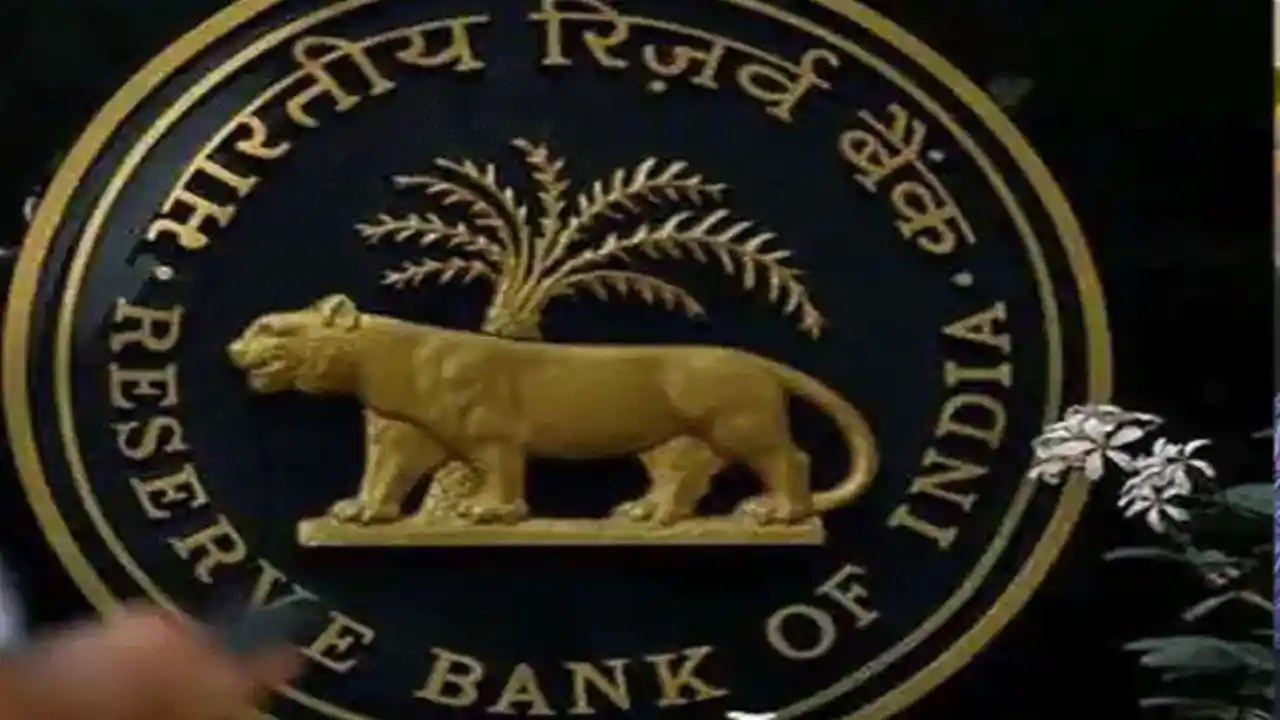RBI e-rupee: The Reserve Bank of India (RBI) launched e-rupee (e₹) in 2022, which was initially considered just a pilot project. But now, in just three years, its use has increased tremendously. According to the RBI’s annual report, the value of e-rupee has crossed Rs 1,000 crore by March 2025. It was Rs 234 crore in March 2024 and only Rs 16 crore in March 2023.
Now the pilot has become a pan-India campaign
e-Rupee was launched in December 2022 with a limited group—banks and select customers—but now it is being implemented across India. Mayank told that e₹ was launched in two parts.
1. Wholesale transactions: Mainly for settlement of government bonds.
2. Retail transactions: For general public use.
Let us tell you that by March 2025, the number of retail users has increased to 60 lakh and now 17 major banks are participating in it.
What is e₹ and what are its special features?
According to RBI, e-rupee is India’s ‘legal tender’ in digital form. Its special features:
It is just like cash, but in digital form
It is issued by RBI and is available to the public through banks
It is a digital token, not an amount held in a bank account
You don’t need to have a bank account to use it.
It can be stored in mobile wallet
There is some degree of anonymity in its transactions
There is no interest on this, like in a savings account
Will there be tax on e₹?
e-Rupee is a legal currency, not an investment (like shares or cryptocurrencies). Therefore, there is no income tax or capital gains tax on it and it is also not subject to GST. As per sections 2(14) and 2(47A) of the Income Tax Act, e₹ is neither considered a ‘capital asset’ nor a ‘virtual digital asset’, but there is one thing to note here…
Related news
Sending money from America to India has become cheaper! Tax has been reduced
Tax is a big concern when using e₹
Expert Mayank Mohanka explains that e-rupee looks digital, but its behaviour is exactly like cash (hard cash). Under the Income Tax Act, there is a penalty for making payments through cash on some transactions.
If the same transactions are done using e₹, and are treated as digital transfers like NEFT or RTGS, then legal complications may arise. Until the Income Tax Act clearly recognizes e₹ as a valid payment mode, some high-value transactions may be treated as cash transactions and may attract tax penalty.
